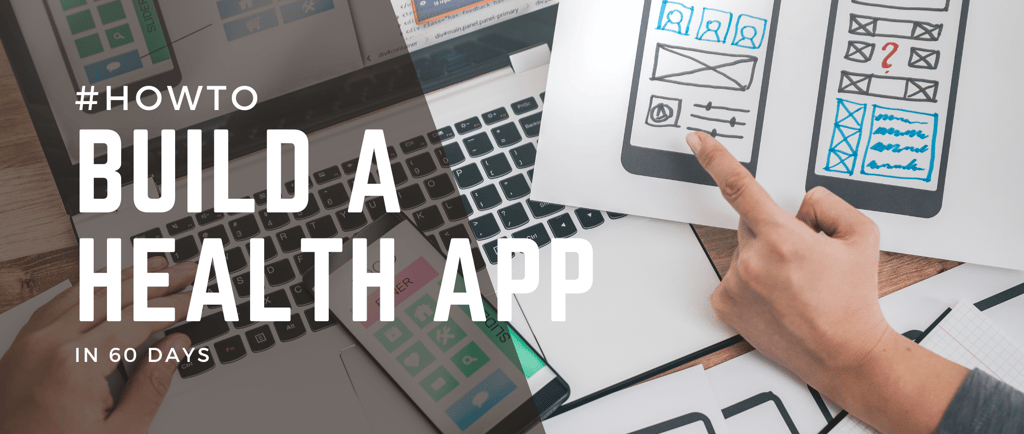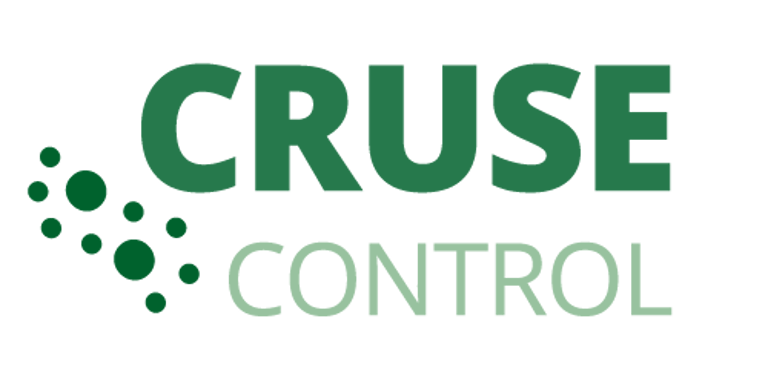Build a health app in 60 days.
Try the impossible.
Sophia Neisinger
7/7/20232 min leer


Building a Health App in 60 Days: A Comprehensive Guide
Creating a health app that is user-friendly, reliable, and compliant with healthcare regulations is no small feat, especially if you aim to complete it in just 60 days. However, with the right planning, a dedicated team, and a clear vision, this ambitious goal is achievable. Here's a day-by-day guide to help you navigate this exciting journey.
Day 1-5: Ideation and Market Research
Begin by defining your app's main objective. Do you want to aid chronic disease management, enhance fitness routines, or facilitate mental health care? Identify your target audience and study their needs. Also, analyze existing apps in your chosen niche to understand their features, strengths, and weaknesses.
Day 6-10: Forming the Team
Assemble a team with diverse skills, including app developers, UX/UI designers, healthcare professionals for domain expertise, and data privacy experts. Depending on your budget and needs, you may consider hiring in-house employees, freelancers, or an app development agency.
Day 11-15: Prototyping
Start creating a rough draft of your app that lays out its basic structure and workflow. Use simple wireframes to map out every screen a user will interact with and how they'll transition between them. It's not about looks at this stage, but function.
Day 16-25: Design
At this stage, your UX/UI designers will refine the prototype, focusing on aesthetics and user experience. This phase also includes creating an intuitive, user-friendly interface and selecting an appropriate color scheme, typography, and iconography that align with your brand.
Day 26-40: Development
This phase involves coding the app. Developers should use agile methodologies to work on different components simultaneously. Prioritize creating a minimum viable product (MVP) first, an app with enough features to satisfy initial users and provide feedback for future development. Regular testing should be integrated into this process to address issues as they arise.
Day 41-50: Alpha and Beta Testing
Alpha testing involves having your internal team test the app for functionality, usability, and consistency. After necessary adjustments, move on to beta testing, where a small group from your target audience uses the app in real-world scenarios. Their feedback will help identify any blind spots or inefficiencies in the user experience.
Day 51-55: Regulatory Compliance and Security Checks
In the health sector, ensuring data privacy is paramount. Consult with legal and cybersecurity professionals to ensure your app complies with health information regulations like HIPAA in the U.S or GDPR in Europe. Conduct security audits to identify any vulnerabilities and address them promptly.
Day 56-57: Preparing for Launch
Develop a strong marketing and launch strategy. This could include creating a website landing page for the app, leveraging social media platforms, and reaching out to relevant influencers or bloggers. Ensure your app is ready for submission to app stores and meets their guidelines.
Day 58-60: Launch and Post-Launch Analysis
Submit your app to relevant app stores. Once it's live, encourage users to provide ratings and reviews. Use analytics tools to understand user behavior and gather data that can guide future updates. Remember, launching your app is not the end but the beginning of iterative development based on user feedback and needs.
Building a health app in 60 days is an ambitious but rewarding endeavor. By adhering to this schedule and being open to flexibility when necessary, you can produce a robust, user-friendly, and compliant health app ready to make a positive impact in the digital healthcare landscape. Good luck!
Política de privacidad
Condiciones generales
Pie de imprenta
Global Allergy and Asthma Excellence Network e. V.
c/o DGAKI
Robert-Koch-Platz7
10115 Berlin, Germany
